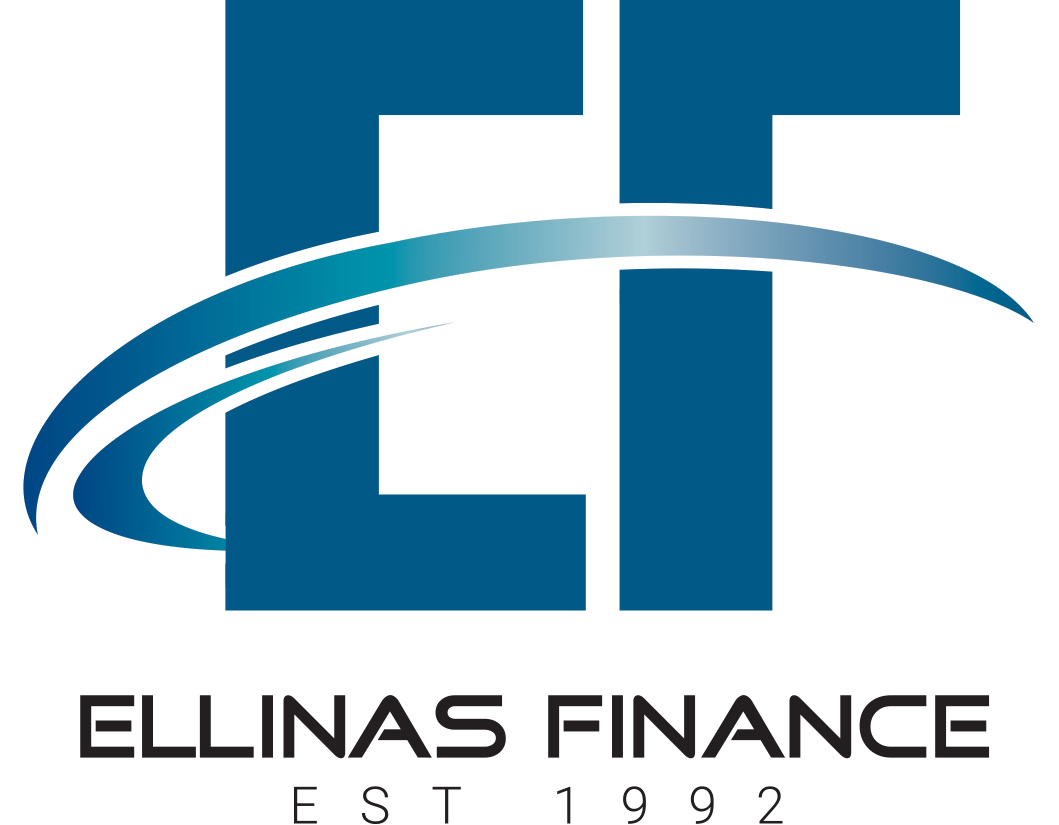
Unclear remains the treatment of Benefits in Kind by the Tax Department
By Theodoros Mantis*
The provision of Benefits in Kind is a practice currently followed by a significant number of businesses across Cyprus, with the aim of both creating an attractive package that appeals to trained and specialised stuff, and to increase productivity and profitability.
Given that many of these companies follow common practices and empirical approaches, which can often lead employers to deviate from the legal framework and regulations, the Tax Department issued an informative brochure last October explaining Benefits in Kind, in a bid to clarify the ambiguities surrounding the legal framework on how they are taxed.
But even though the brochure refers extensively to how Benefits in Kind are calculated and managed, there are still certain points that need further clarification by the Tax Department, so that companies as well as employees can make proper use of the tool, but also to assist them in managing benefits in kind in terms of taxation. In a bid to provide solutions to the abovementioned, the Tax Department organised a seminar on the matter on 16 January 2019, while it also issued interpretive circular no.32, which explains how archives are kept when it comes to benefits in kind.
Despite the Tax Department’s efforts, certain aspects regarding the management of benefits in kind remain unclear. For example, interpretive circular no.32 states that the informative brochure will apply to all cases relating to previous tax years that have not yet been closed/examined/settled. Taking into consideration that the Tax Department has already closed the years up until tax year 2012, an obligation is created for companies to comply with the provisions of this interpretive circular from 2013 onwards, when the implementation of the Informative Brochure on benefits in kind began in January 2019.
Furthermore, there is no clear reference in the interpretive circular to the archives that must be kept and the documentation required for each of these. The form that is attached to interpretive circular no.32 refers exclusively to the management of benefits in kind when it comes to vehicles and their private use (use of a reduced rate of 20%), while there is no mention of any forms relating to other categories of benefits in kind.
At the same time, organisations that employ a large number of employees who receive benefits in kind may have to go through a time-consuming and perhaps costly procedure, in order to comply with the requirements of the informative brochure and the interpretive circular. Therefore, even though the Tax Department’s intention is to provide proper guidance to the public, the confusion that has been created from the publication of the Informative brochure and the additional interpretive circulars has not had the desired results.
* Head of People Advisory, Corporate Immigration and Payroll services at Ellinas Finance Public Company Limited

